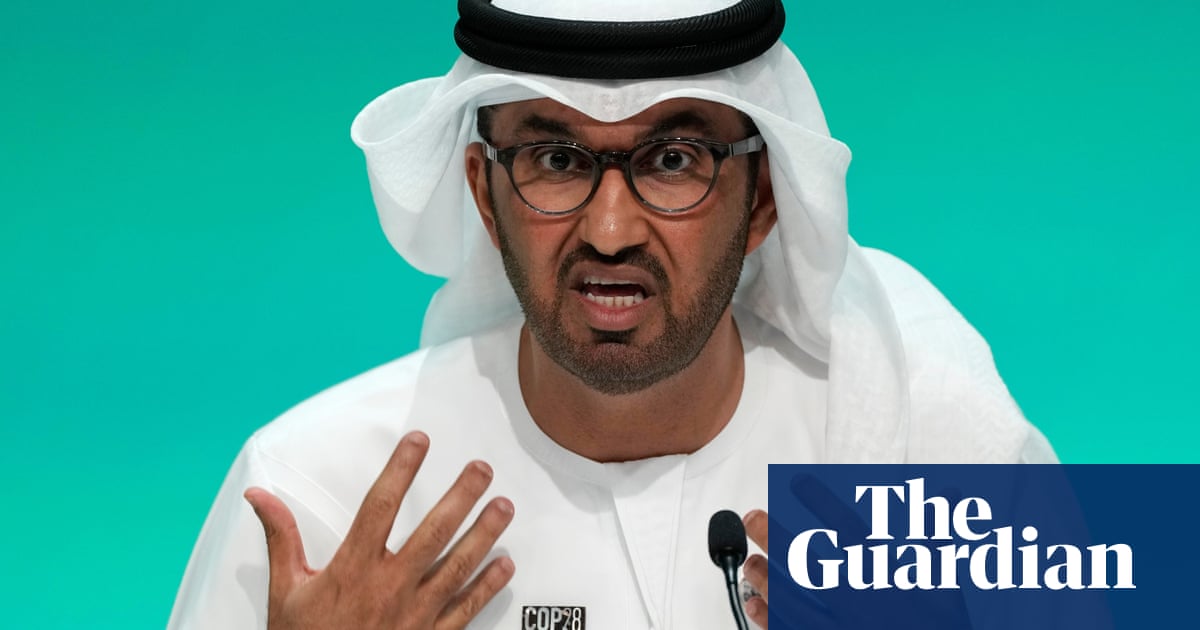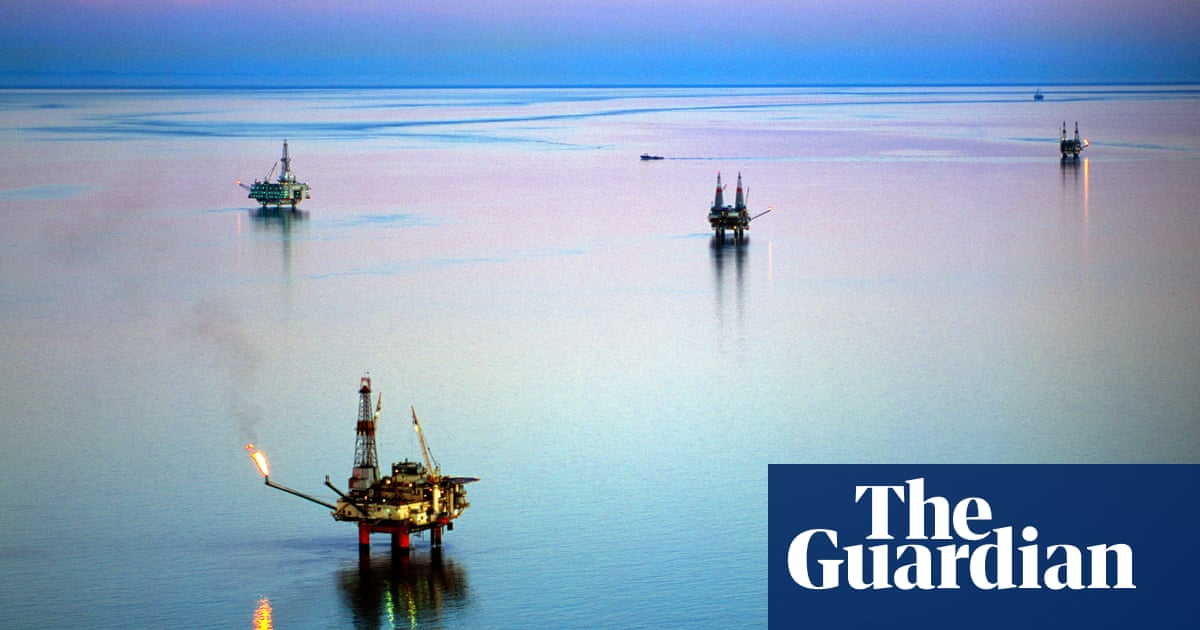
Australia needs to accelerate the rollout of renewable energy, the chief executive of the country’s second-biggest mining company, Rio Tinto, has said.
“We’re just not developing renewable energy fast enough,” Jakob Stausholm said, speaking after Rio’s annual shareholder meeting in Melbourne.
The miner is a big energy consumer, but is currently trying to convert the iron ore operations in the Pilbara that drive its profitability to green sources of energy.
Stausholm said Rio had to focus on where it was getting energy from in the short term or it would be “creating problems” for itself.
“We need energy,” he said.
“If renewable energy goes slow, we cannot phase out fossil fuel.”
Rio’s new chairperson, Dominic Barton, warned shareholders that an economic fissure between China and the west, similar to that which opened up with Russia due to its invasion of Ukraine, was unlikely but would have horrendous consequences.
Speaking at Rio’s annual meeting on Thursday, Barton said that the relationship with China, the company’s biggest customer and Australia’s no 1 export market for iron ore, was important.
China has previously blocked Australian coal imports over the country’s support of US foreign policy.
“If the world ever got to that point, if you think about the integration of the Chinese economy with the world economy, we are in a devastating situation,” he said.
“The entire integration of the economies between China and the rest of the world is so deep, it is so completely different than Russia … I think it would be horrendous.”
Stausholm told investors he is trying to reset the company’s culture after a disastrous two-year period that included blowing up ancient rock shelters at Juukan Gorge, stoushes with governments in Mongolia and Serbia and the exposure of a culture of racism, sexism and bullying within the global miner.
The Juukan Gorge debacle cost his predecessor, Jean-Sebastien Jacques, his job and also led to the exit of much of the company’s top executive team.
However, Rio Tinto remains financially strong, declaring record profits and dividends off the back of an iron price that remains extremely high.
Stausholm again apologised to Rio workers who have been bullied or the victim of racism and sexism in the organisation – deep cultural failings that were laid bare in a report by the former sex discrimination commissioner Elizabeth Broderick, released in February.
“With the executive team’s commitment, we can make a positive and lasting change and make Rio Tinto a less hierarchical, more humane place to work,” he said.
The outgoing chairperson, Simon Thompson, who retired at the end of the shareholder meeting, said that climate change was “the defining issue for our age, and is at the heart of our new strategy”.
He said the company had a “critical role” in the transition away from fossil fuels by supplying the copper, lithium, iron ore and aluminium needed to build renewable energy plants.
“With our suppliers, I think we do have very significant influence because frankly, they want our money,” he said.
“We can, for example, say to Caterpillar and Komatsu that we’re not going to buy diesel trucks beyond 2030.”
Thompson said it was much harder to influence scope three emissions – those put out by Rio’s customers.
Rio has released modelling on how the steel industry can decarbonise and hopes to have similar work done on the aluminium business, which is a heavy user of electricity, by the time of next year’s AGM.
“The reason that we have not set quantifiable targets for scope three is because we cannot control the pace at which our customers, the steel mills, decarbonise their operations,” he said.
“If we were to put targets out there, that to me would be close to lying, it would be greenwashing, because we would be setting hard quantifiable targets for something we don’t control.”
“Far from rhetoric and lying we are being very transparent, very honest about what we can do and we are setting very ambitious targets.”
Stausholm agreed with a questioner who said Rio should already have had in place a workplace culture where people behaved respectfully towards each other. He said Rio management had not previously fully understood what was happening in the organisation.
“I think with the kind of things we’ve done … we have a perfect starting point for all of us to take responsibility and build an absolutely terrific future culture,” he said.
On Russia, Thompson said Rio would probably benefit if Rusal, its joint venture partner in a alumina refinery at Gladstone, in Queensland, was sanctioned over Russia’s invasion of Ukraine.
Rio has taken full control of the company that runs the refinery, Queensland Alumina Ltd, after Australia slapped sanctions on key Rusal shareholders Oleg Deripaska and Viktor Vekselberg.
“If Rusal was to be sanctioned, that would certainly cause pretty significant disruption in the market because Rusal is a very big supplier of aluminium, particularly in Europe,” he said.
“I actually think the impact on Rio Tinto would probably be positive in the sense that the aluminium price would likely go up.”












